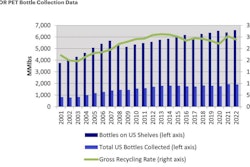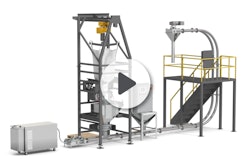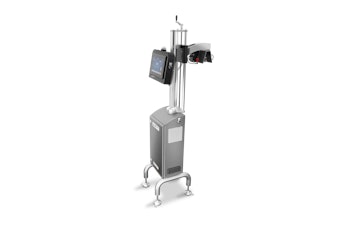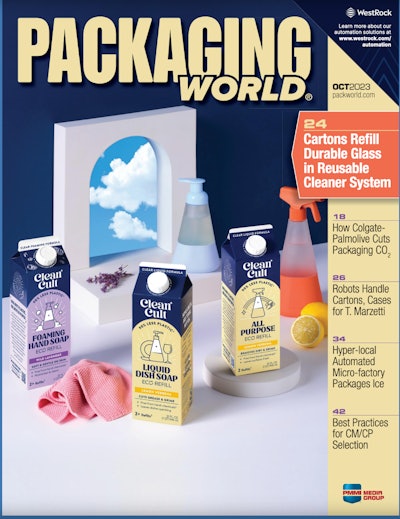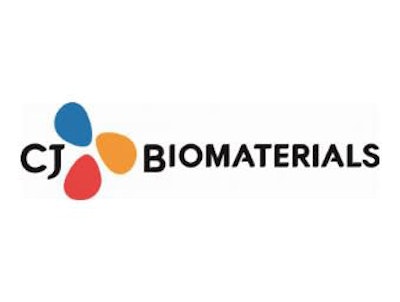
This content was written and submitted by the supplier. It has only been modified to comply with this publication’s space and style.
CJ Biomaterials, Inc., a division of South Korea-based CJ CheilJedang and a primary producer of polyhydroxyalkanoate (PHA) biopolymers, announced that its semi-crystalline PHA (scPHA) biopolymer branded PHACT S1000P is now included in the U.S. Food and Drug Administration Inventory of Effective Food Contact Substances (FCS) with the Assigned Food Contact Notification (FCN) 2330.
This is the second CJ Biomaterials PHA technology added to the FDA’s FCS, following the inclusion of the Company’s amorphous PHA (aPHA), PHACT A1000P, in May 2023 (FCN 2281). With this milestone, both CJ Biomaterials’ scPHA and aPHA biopolymers now can be used to make packaging materials that are sold in the United States and come into contact with food, including rigid and flexible packaging, food serviceware, and other products.
CJ Biomaterials’ PHACT S1000P is a TUV OK-certified, bio-based material approved for industrial and home composting, and it is both soil and marine biodegradable certified. Bringing scPHA to the market will allow for the development of all PHA applications and this is significant because it will provide broad end-of-use outcomes. Plastic packaging comprises a significant amount of global plastic waste, and using materials like scPHA can facilitate the biodegradation and composting of packaging, playing a role in reducing the millions of tons of plastic waste discarded every year.
Before being added to the FCS inventory, CJ Biomaterials’ scPHA had to successfully complete extensive safety testing by the FDA. Basing its evaluation on Section 409 of the federal Food, Drug, and Cosmetic Act, the Agency determined that it is safe for its intended use.
“The addition of our PHACT S1000P technology to the FDA Inventory of Effective Food Contact Substances demonstrates CJ Biomaterials’ commitment to safety and innovation,” says Max Senechal, Chief Commercial Officer for CJ Biomaterials. “We are continuing to move forward to advance the applications and uses for our PHA technology, and we are proud that our technology is being used to help address the global challenge of plastic pollution. Adding our scPHA biopolymers to the FCS inventory will allow us to expand the impact we can make.”
